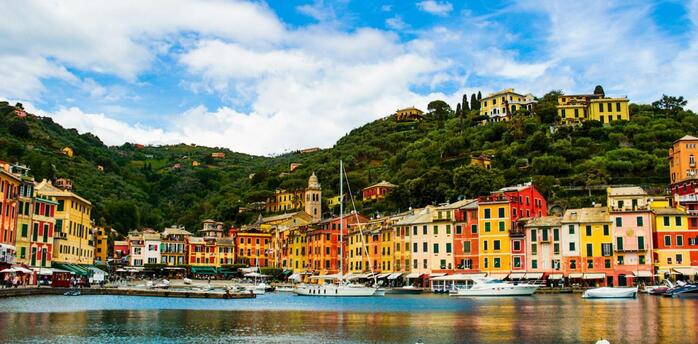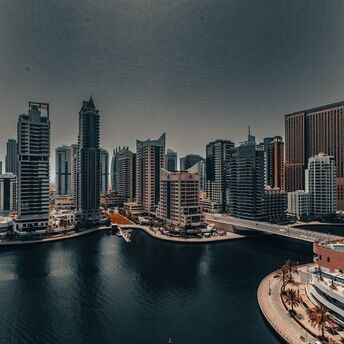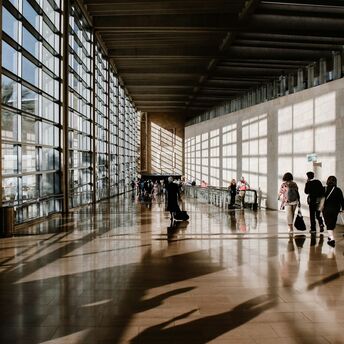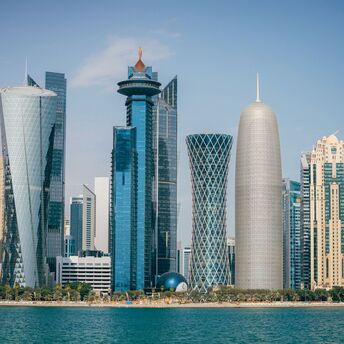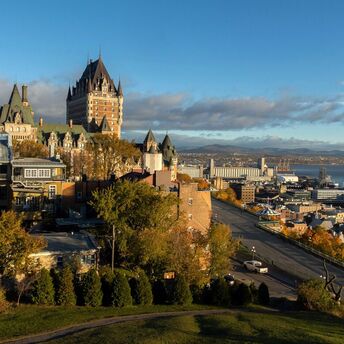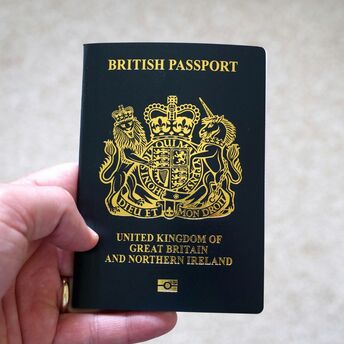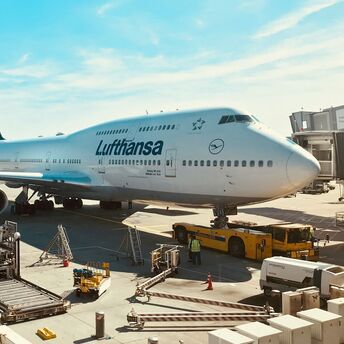Málaga's Anti-Tourism Movement: A Fight for Affordable Housing

Residents of Málaga have taken to the streets in protest against the surge in tourism, which they argue has led to soaring rent prices and made the city unaffordable for locals. The city's recent tourism boom, particularly post-pandemic, has been linked to distortions in the rental market and the gentrification of the city center.
Under the banner 'Málaga for living, not surviving', around 15,000 people marched through the streets of this Costa del Sol city. They demanded affordable housing and voiced their opposition to mass tourism, which they claim is pushing locals to the brink.
The Málaga Tenants' Union organized the protest, calling for rent price regulation and a ban on tourist properties. They argue that the influx of tourists has led to a significant rise in rental prices, with many homes being converted into short-term tourist accommodations. Since 2016, the number of registered tourist rental flats in Málaga has skyrocketed from 846 to over 12,000.
Protesters are particularly concerned about the impact on the cultural and social fabric of Málaga. Local businesses are being replaced by those catering to tourists, and traditional festivals and customs are being commercialized. Activists fear that without significant intervention, Málaga risks becoming a 'theme park for tourists' rather than a vibrant city for its residents.
In response to the protests, the Málaga town hall announced measures to limit new tourist rental licenses to properties with private entrances and promised further regulations. However, many feel these steps are insufficient and too late. They argue that broader political action is required, involving state, regional, and local governments, to effectively regulate tourist accommodations and protect the housing rights of local residents.
The situation in Málaga reflects a broader trend of anti-tourism activism across Spain, with similar protests occurring in Madrid, Barcelona, Granada, and the Canary and Balearic Islands. The growing discontent among residents is pushing the issue of sustainable tourism and affordable housing to the forefront of public debate.
Málaga's struggle highlights the delicate balance cities must maintain between benefiting from tourism and preserving the quality of life for their residents. As the debate continues, it remains to be seen how policymakers will address these challenges and what impact their decisions will have on the future of the city.


